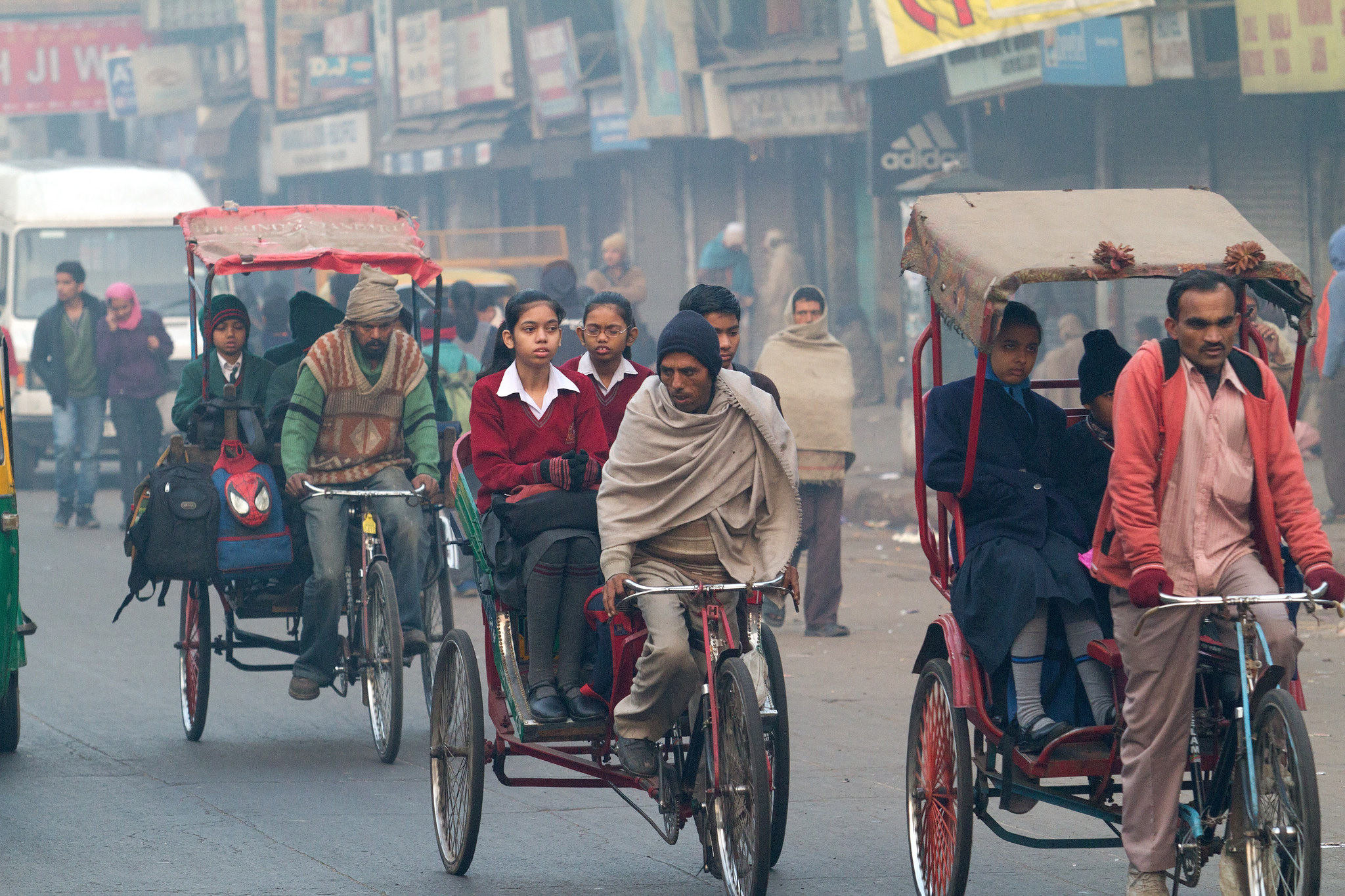John Donne was right when he said, “no man is an island.” Every individual is connected to the world in some way and can’t become an island unto themselves. With that connection comes dependence on each other. Nature works like this, too. A minor effect for one species can have major implications for another species that depends on the first.
New Delhi, India, may seem far away. But its problem with air pollution is a global issue, and it affects everyone — and not simply in the metaphorical way Donne suggests. Pollution across many oceans matters no matter where you live.
Air Pollution Devastating New Delhi
As of November 2016, New Delhi was the most polluted city on the planet, with levels of smog five times higher than what the U.S. Environmental Protection Agency deems healthy. Measured in units called AQI — Air Quality Index — New Delhi’s pollution issue is literally off the chart at 999 AQI. The standard charts top the most hazardous level at 500.
To compare, one of China’s most polluted cities, Baoding — often seen in the news with citizens wearing facemasks to protect themselves from the air — is at 298. The most recent research tells a dire story. In 2015, over 30 deaths in India could be attributed to toxic air quality.
The Connection Between the U.S. and India

Alongside their growing problem with air pollution is their economic growth, which perhaps comes at the expense of breathing. Never considered a major player in the global market, India is making surprising waves. In fact, its economic growth in the last few years has outpaced that of larger, more developed nations by about 7.5%.
The growing middle class of India has caught the eyes of many investors globally, including those in the U.S., who have benefited from strong partnerships in the region. Already allies in defense, businesses in the U.S. will be leveraging what India has to offer:
- A growing middle class, coupled with a lower cost of living.
- A highly educated tech industry.
- A large population of English speakers.
These advantages will mean substantial investments in energy, water, mining, waste treatment, and infrastructure. As the U.S. leverages technology across industries, India’s software sector is transforming into a global enterprise. And investments won’t be just from large corporations. Small to medium-tech businesses will see a high ROI by investing in India’s economy.
The U.S. Must Lead by Example for Better Air
As India’s economy grows, its pollution issue will likely become worse before it gets better — a scary prediction, but one that isn’t uncommon. As the United States and India become more invested in each other’s industries, the U.S. must lead by example and invest in businesses that are working to lower the impact of pollution.
Across the United States, factories use technology that reduces the carbon dioxide they release to less than one part per million (ppm). Such strategies should be implemented globally, but that isn’t always possible. In places where the U.S. has an economic interest, however, it should be the norm.
Understanding What’s at Stake
Industrial countries don’t have a great track record of protecting the natural environment of the areas where they do business. India and other countries who are battling epidemic levels of air pollution may be so invested in the hope of becoming a global superpower they risk the health of their citizens — an issue Upton Sinclair warned about in the early days of industrialization.
It’s more than just caring about your fellow man — although that should be a driving factor. Already, the pollution from China is blowing toward the U.S., and levels of pollution like what India is dealing with in New Delhi are not containable. If these levels keep up, what is happening in India will be a problem for the entire world.
In addition to spreading toxins, New Delhi’s pollution is affecting climate change. Not only does this impact the future of the earth, but it also increases the likelihood of weather events such as tornados, hurricanes, and tsunamis — all of which can have devastating consequences, especially in areas of poverty. And, despite its economic growth, India still struggles against dire poverty.
Proactive Environmental Solutions for Global Businesses
Climate change affects the water supply, the health of all species, and our natural environments. New Delhi isn’t an island — what’s happening there impacts everyone on the planet. As the U.S. partners with countries that are developing too quickly for their own environment, businesses and governments must implement strategies that work to protect the earth — for the sake of us all.



